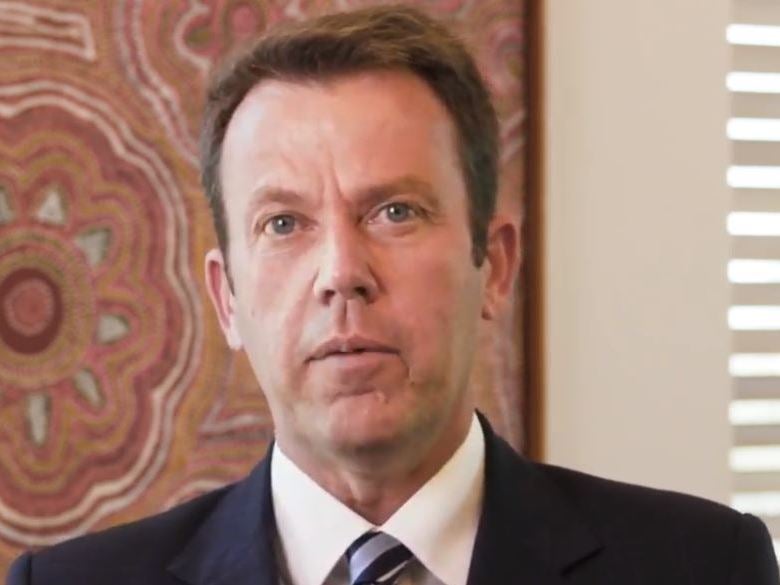University cheats face two-year jail terms and huge fines in Australia
‘Understand now you are going to face the full force of the law,’ minister says

Your support helps us to tell the story
From reproductive rights to climate change to Big Tech, The Independent is on the ground when the story is developing. Whether it's investigating the financials of Elon Musk's pro-Trump PAC or producing our latest documentary, 'The A Word', which shines a light on the American women fighting for reproductive rights, we know how important it is to parse out the facts from the messaging.
At such a critical moment in US history, we need reporters on the ground. Your donation allows us to keep sending journalists to speak to both sides of the story.
The Independent is trusted by Americans across the entire political spectrum. And unlike many other quality news outlets, we choose not to lock Americans out of our reporting and analysis with paywalls. We believe quality journalism should be available to everyone, paid for by those who can afford it.
Your support makes all the difference.People paid to take exams or write essays for university students in Australia could be jailed for up to two years under tough new laws.
“If you’re a cheating service, understand now you are going to face the full force of the law if you provide those services to students here in Australia,” Dan Tehan, the country’s federal education minister, told local media. “For those services based overseas, we are going to use blocking to make sure that they cannot provide those services.
“For those who are here and operating in Australia, understand that we will come after you.”
In December 2018, the country’s Department of Education and Training published draft legislation which, if passed, would make it an offence “to provide or advertise academic cheating services in higher education”.
Mr Tehan also told journalists in Canberra that providers of such services could be fined up to A$210,000 (£114,500).
The country has been considering a clampdown on so-called “essay mills”, which produce assignments for a fee, for some time.
“Contract cheating activity, if left unchecked, poses a significant threat to the integrity and reputation of Australia’s higher education sector both domestically and internationally,” a spokesperson for the Department of Education and Training said last December.
At the time the department stressed that students who used cheating services would not be liable under the proposed legislation.
“Students who cheat will continue to be subject to institutions’ own academic integrity policies, processes and academic sanctions. These institutional policies are not affected by the new legislation,” the spokesperson added.
The draft legislation was published after a higher education standards panel advised the government to produce a new law to deal with contract cheating.
The rate of university cheating in Australia could be as high as 10 per cent, the lead researcher of a large-scale study into the topic suggested in 2018.
“That means that in a classroom of 20 students, two students are outsourcing their learning and in an exam hall, hundreds are engaging in it,” Tracey Bretag told The Sydney Morning Herald last year. “A student leader I teach said that just that day, she had had five independent requests on social media offering these services. Students are being inundated by it and we need to nip it in the bud.”
Mr Tehan described the situation as “simply not good enough”.
He said: “It’s not fair for those students who are doing the hard yards, for those students who are doing all the work, for those students who put hours into studying.”
Join our commenting forum
Join thought-provoking conversations, follow other Independent readers and see their replies
Comments